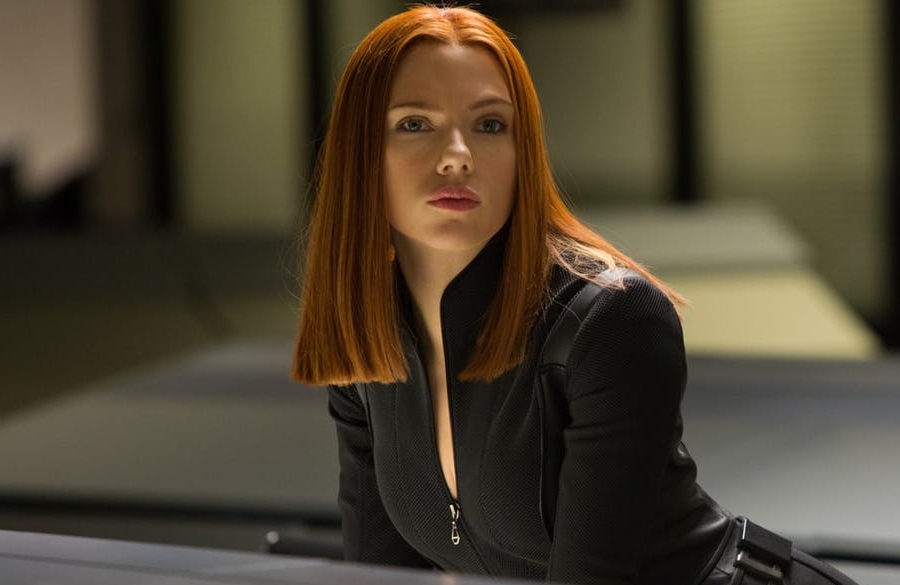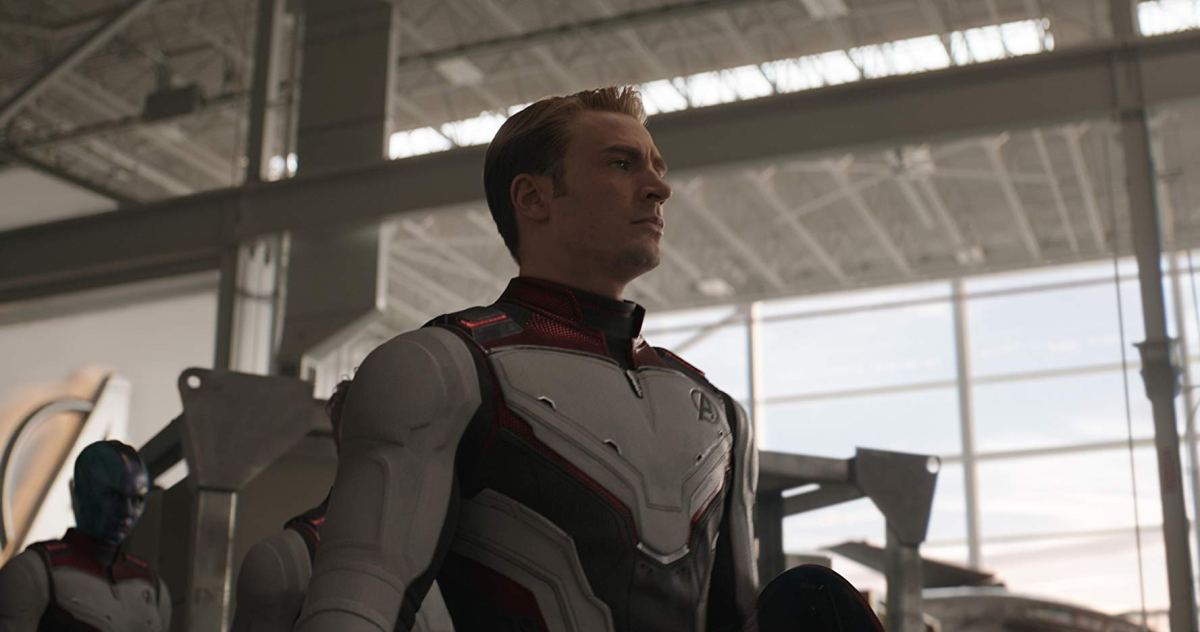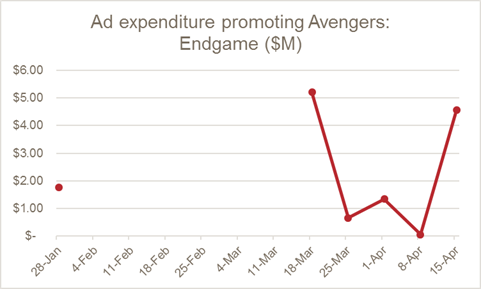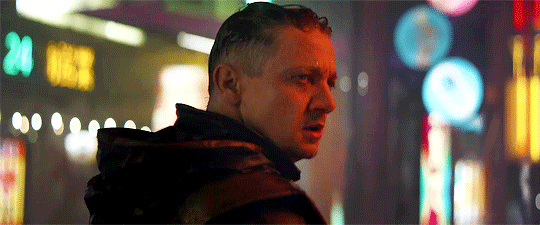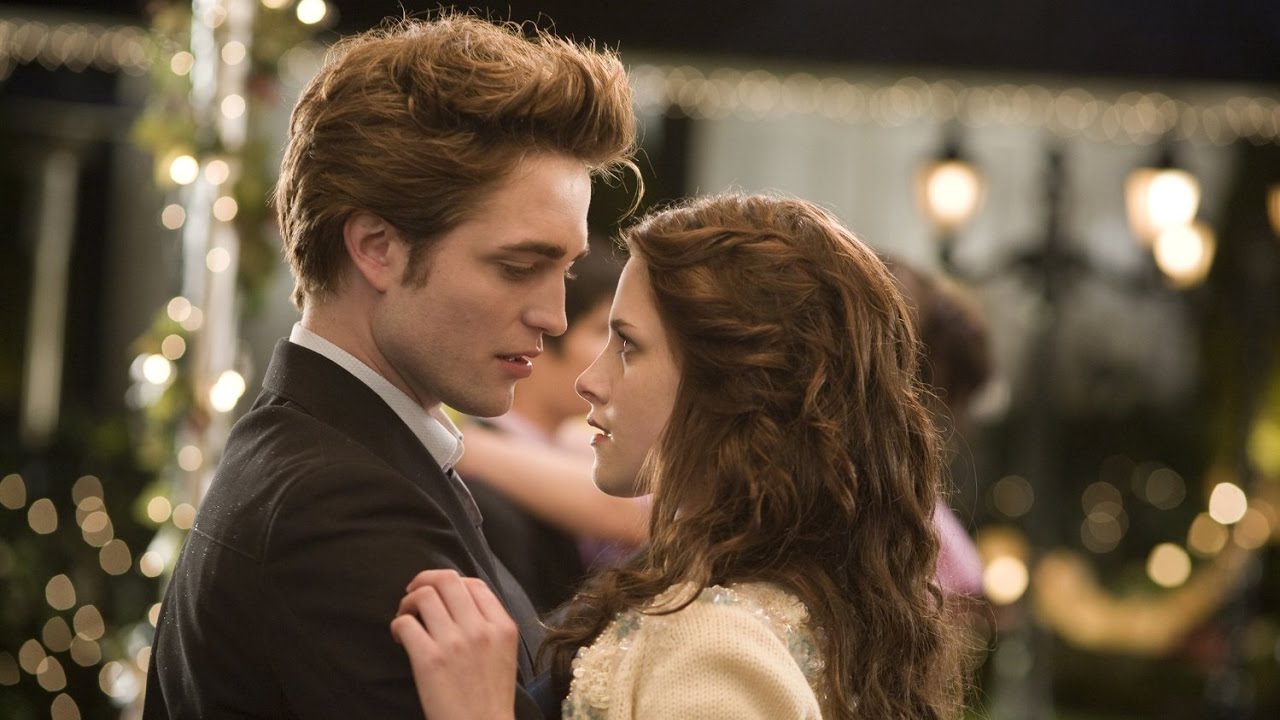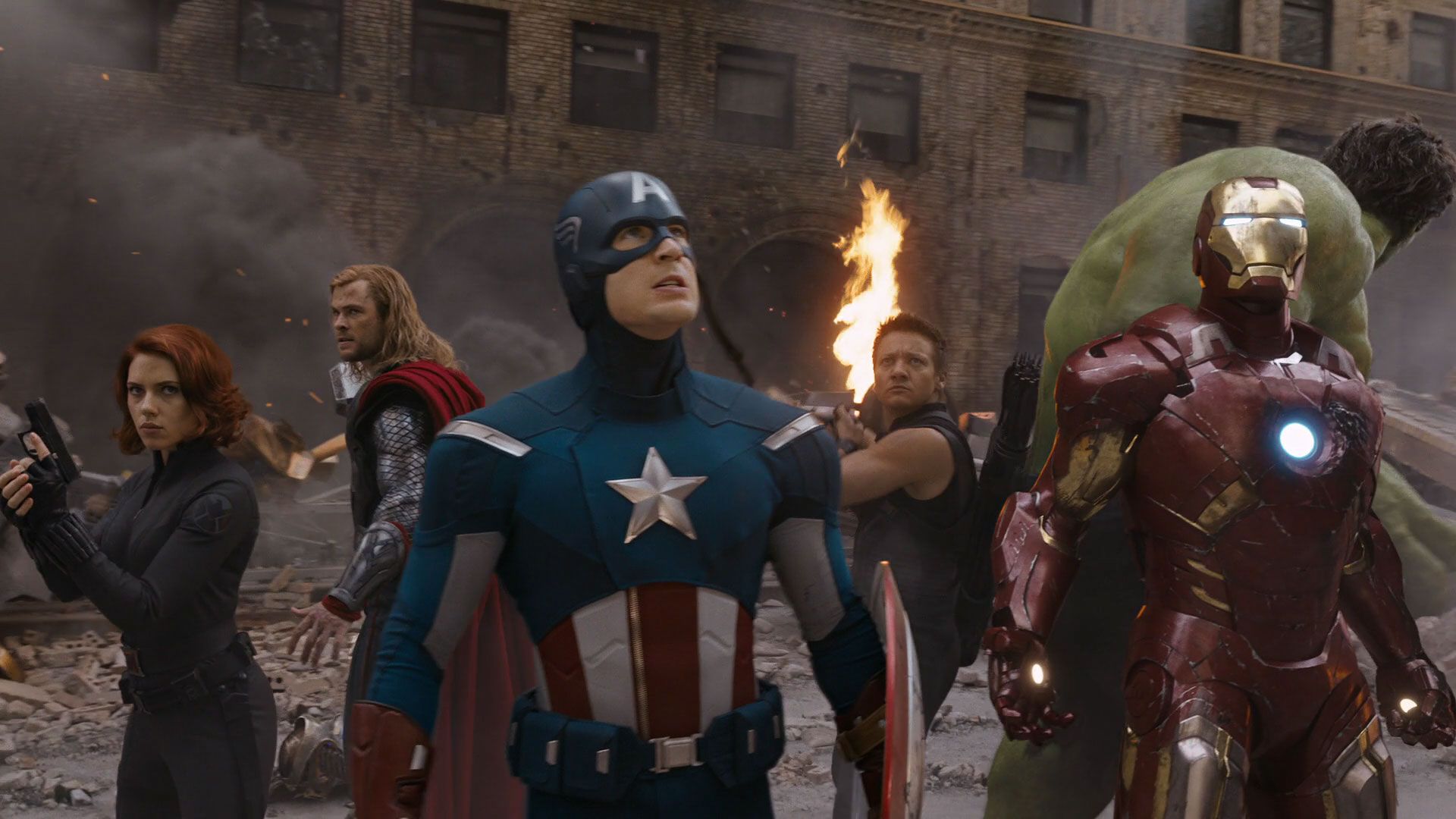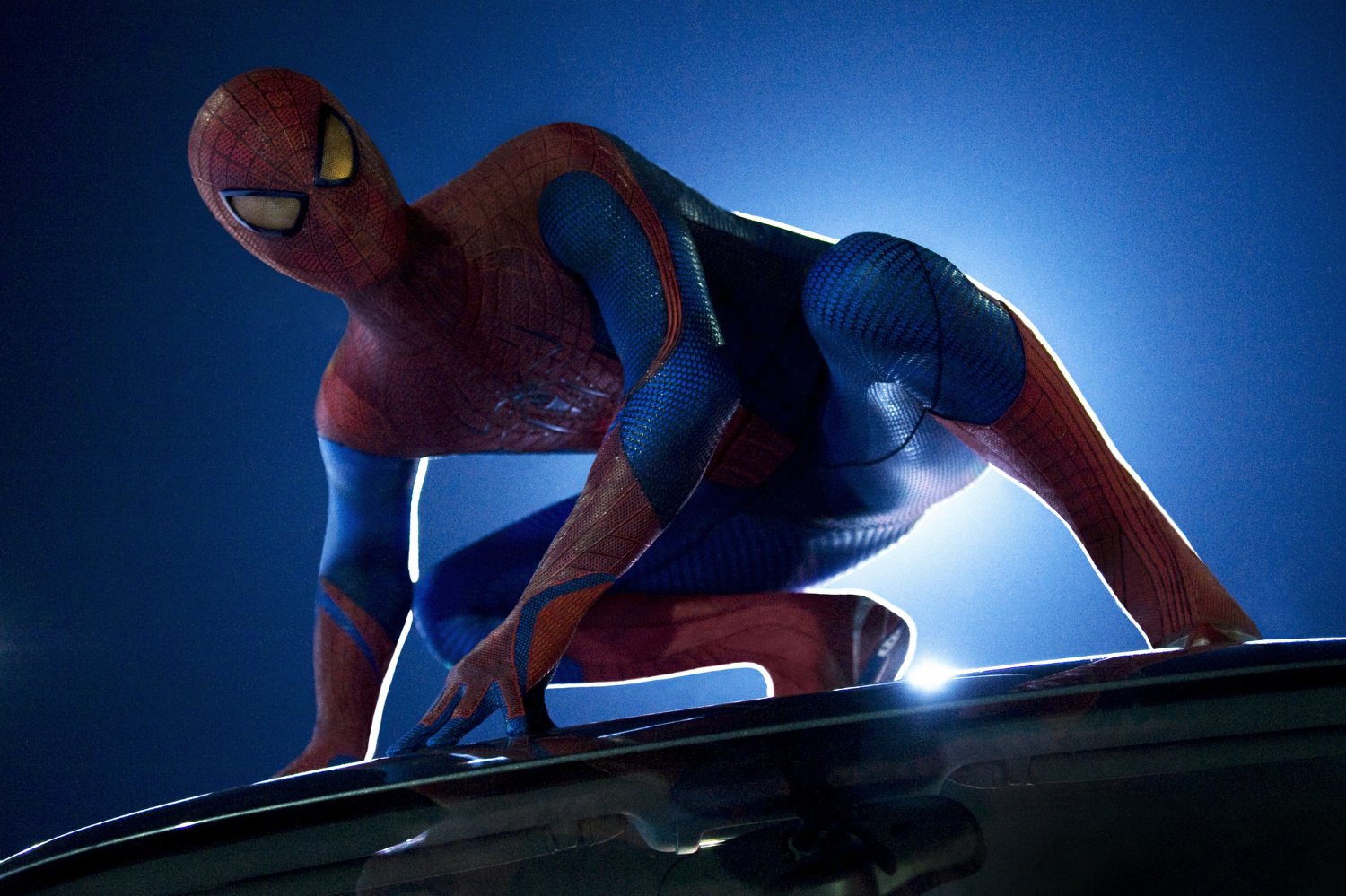Marvel’s heroes are part of the problem.
There’s been a lot of good storytelling in the Marvel Cinematic Universe over the last 12 years. Black Panther, Captain America: The First Avenger, Thor: Ragnarok and others particular stand out from among the 20 movies as particularly enjoyable and well-told stories offering something new and creative in the superhero genre.
There’s also a problem with many of them that I never quite noticed until recently rewatching Captain America: The Winter Soldier.
Now Winter Soldier is a movie I’ve watched and greatly enjoyed a few times before. It’s usually ranked among my favorites of the MCU for how it uses Marvel characters to tell an updated version of a late-70s paranoid political thriller. Chris Evans fully comes into the role of Cap in the film, Scarlett Johansson gives my favorite of her performances as Black Widow and you can never go wrong with Robert Redford gliding through every scene.
This last time through it, something stuck out at me, though. It’s a moment right at the end of the film, with Natasha Romanov testifying before Congress about how Hydra was able to infiltrate SHIELD for decades, coming within seconds of killing millions of citizens because it deemed them a potential future threat. Why, one individual asks, shouldn’t she and others who aided – albeit unwittingly – this massive conspiracy be put behind bars?
In response she says they won’t put her in jail because, despite the role they played previously, they’re the ones best qualified to fix the very problems they contributed to.
You’ll recognize this logic from every appointment of an oil industry executive to the EPA because “they have experience with this subject matter.” Or the committees making recommendations on reform in the financial sector that are staffed solely be executives from the biggest firms in that industry.
It’s not an uncommon sentiment in the MCU, either. In the first two Iron Man movies, Tony Stark’s entire philosophy is that despite the fact that his irresponsible business practices having put terrible weapons in the hands of terrible people, he should be trusted to clean up that mess. Not only that, but he embodies the conservative notion that the duties traditionally entrusted to government should instead be handed over to the wealthy elite. He resists any government oversight or accountability of Iron Man, asking instead he simply be trusted.
At the end of The Avengers, Nick Fury is asked if he knows where the various heroes are and how he’s planning on reassembling them if the world faces another day like no other. Not really, he says, simply hoping and believing they’ll be there when needed. That sentiment is picked up by Secretary Ross in Civil War, when he asks if anyone knows where Thor or Hulk are, rightfully pointing out he’d be in a heap of trouble if he lost a couple nuclear weapons.
While there are plenty of issues that can be taken with the story in Civil War, Ross’s point is not necessarily one of them. But in this case, Tony Stark’s conversion from “I privatized world peace” to “We need to be put in check” comes off less as realizing he and those like him are part of the problem than from, it seems, him wanting to pass the buck of accountability on to someone else.
That mindset is understandable from characters like Rhodes and Romanoff, who have both operated extensively within military structures and who feel comfortable there. Stark, though, has seen his high-flying adventuring go badly and would like to have someone else deal with it, thank you very much.
(Side note: Captain America might be expected to take a similar approach as Rhodes given his military background. His intransigence on the issue always seemed somewhat arbitrary, especially since it’s justified solely by saying they can be trusted to make the best decisions on their own. More than any other MCU character, Cap has had his belief in “the system” shaken, first finding out SHIELD was using Hydra weapons in The Avengers and then finding out SHIELD *is* Hydra in The Winter Soldier. If Civil War had grounded his stance in this experience it would be a lot more defensible.)
It’s equally understandable why Barton, Wilson and others would disagree, given they don’t come from such privileged backgrounds even if many of them were also military in some fashion. The opposing side is made up of those who have been in the muck a lot longer and worked to lift themselves out. Barton doesn’t have a super suit, he’s just *really* good at what he does. Wilson is like Rhodes in many ways, but doesn’t have the benefits of a long friendship with a playboy billionaire philanthropist aiding his way. Scott Lang, of course, is a criminal who operates outside the system. Wanda is an orphan who lost her brother.
When Romaoff says she and the other heroes are the ones most qualified to clean up the mess created by the fall of Hydra, she’s hinting at what’s to come in Civil War. She’s also mimicking the testimony of every executive in the wake of some crisis. Consider how little changed in the 10 year following the 2008 financial crisis, with many of those who were in charge then still in charge a decade later. This quote from a story on what some of those leaders said in a Congressional inquiry is indicative of that “those who created the problem should be trusted to clean it up” philosophy and sounds a lot like Romanoff’s rebuke:
The witnesses said they supported tighter oversight, but warned against going too far.
Right. Because you wouldn’t want to “go too far” in the wake of the complete collapse of the American housing market, one caused by banks and not homeowners. And you wouldn’t want to go too far in the wake of revelations that an international terrorist organization had compromised a global security force.
Those in power are loath to relinquish that power, especially when the opportunity comes along to be free from any negative repercussions that might happen while exercising that power. It’s unfortunate to see that kind of privilege on display in the MCU.

